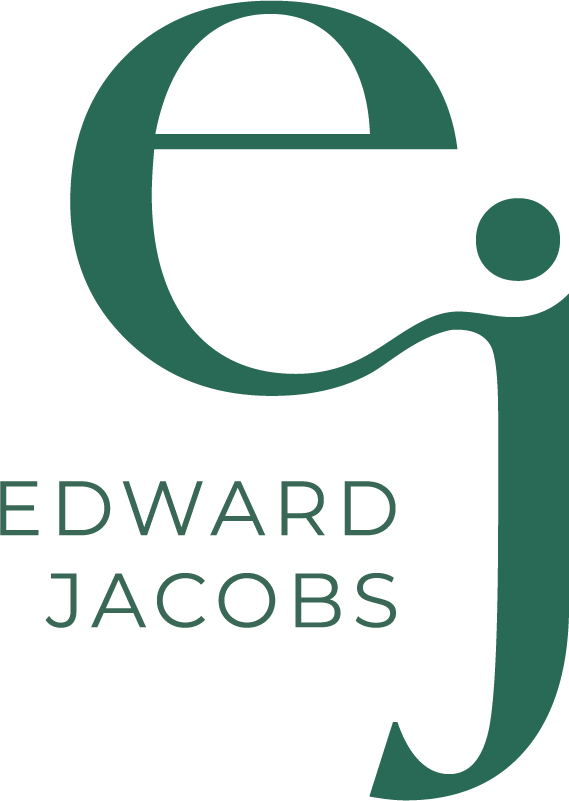Attracting Millennial Accountants: The Importance of Work-Life Balance and Personal Development

In today's rapidly evolving workplace, attracting and retaining top talent has become a significant challenge for organizations across various industries. This is particularly true when it comes to millennials, who are shaping the future of the workforce. Among the many factors that influence their career choices, work-life balance and personal development opportunities stand out as crucial considerations. In this blog post, we will delve into the changing preferences of the younger workforce, explore the significance of work-life balance, and highlight how personal development opportunities can be a powerful tool for attracting millennial accountants.
1. The Changing Preferences of the Younger Workforce
Millennials, born between 1981 and 1996, have distinct values and preferences compared to previous generations. Unlike their predecessors, they prioritize a healthy work-life balance, seeking a career that aligns with their personal and professional aspirations. Millennials value flexibility, autonomy, and the ability to integrate work with their personal lives. They seek a workplace that supports their well-being and allows them to lead fulfilling lives outside of work.
2. The Importance of Work-Life Balance
Work-life balance is crucial for millennial accountants, who desire a career that allows them to excel professionally while also enjoying a fulfilling personal life. By promoting work-life balance, organizations can create a positive and inclusive work environment that fosters employee well-being, reduces burnout, and improves productivity. Offering flexible working hours, remote work options, and supportive policies that encourage employees to take time off for personal commitments are all effective strategies for attracting and retaining millennial accountants.
3. Personal Development Opportunities as a Magnet
Millennials place a strong emphasis on personal growth and development. They are eager to acquire new skills, learn, and progress in their careers. Employers who recognize and facilitate their desire for growth can significantly attract millennial accountants. Organizations that offer mentorship programs, professional development workshops, training sessions, and opportunities for skill diversification become more appealing to young professionals seeking career advancement. The presence of a supportive learning culture within the workplace fosters engagement and loyalty among millennial employees.
4. Creating a Culture of Continuous Learning
To attract millennial accountants, organizations must create a culture of continuous learning. This involves offering mentorship programs, professional coaching, and providing access to online learning platforms. Encouraging employees to attend industry conferences and seminars, and supporting them in obtaining relevant certifications, showcases a commitment to personal and professional growth. By investing in the development of their accountants, organizations not only attract top talent but also demonstrate a dedication to fostering long-term career growth.
5. Promoting Work-Life Balance and Personal Development: A Win-Win Situation
When organizations prioritize work-life balance and personal development, they create a win-win situation. Offering flexible work arrangements and personal development opportunities not only attracts millennial accountants but also cultivates a positive work environment that benefits all employees. It fosters higher job satisfaction, increased productivity, and better employee retention rates. Additionally, by providing avenues for personal development, organizations equip their accountants with the necessary skills to meet the evolving demands of the accounting profession.
Conclusion
In an era where the workforce is dominated by millennials, organizations must adapt their strategies to attract and retain top accounting talent. By understanding the changing preferences of the younger workforce and recognizing the importance of work-life balance and personal development, organizations can position themselves as attractive employers. Embracing a culture that promotes work-life balance and offers ample opportunities for personal growth will not only attract millennial accountants but also create a supportive and thriving workplace that benefits both employees and the organization as a whole.




